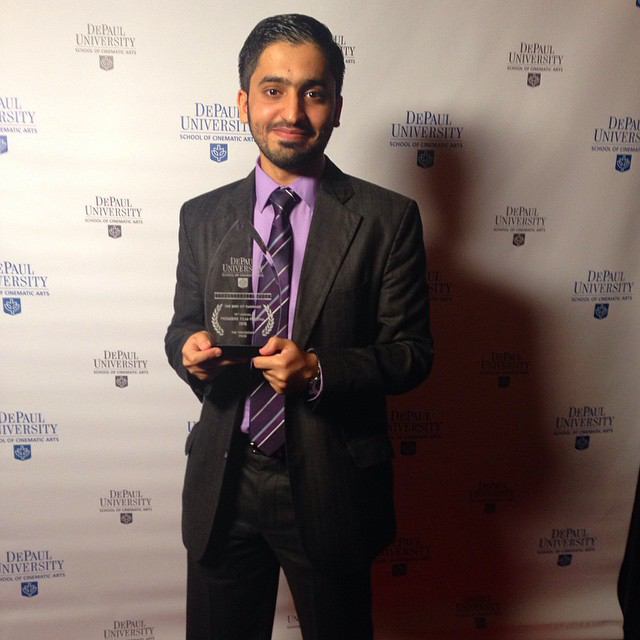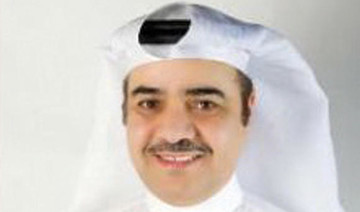RIYADH: The British Council will host an online event on Nov. 25 for young aspiring filmmakers in Saudi Arabia.
The event, “Through the Eyes of Filmmakers,” will be led by Paul Pauwels, former director of the European Documentary Network.
Pauwels will be joined by a panel of local filmmakers, including Moayad Abualkhair, a documentary producer working on his first feature film; Abdulrahman Khawj , a screenwriter, director and producer who runs the production company Cinepoetics Pictures; Mansour Albadran, a director and producer working in corporate film; and Modhi Alzamil, a director whose first short film, “Dissonance,” explores cognitive dissonance through interviews with people of different ages and backgrounds.

Mansour Albadran, a director and producer.
The panel, who all attended the renowned Sheffield International Documentary Festival in the UK through the British Council in 2019, will discuss how these types of international opportunities have helped develop their work, their experience as young filmmakers in the Kingdom and ways to pitch a new project.
They will also chat about local and international opportunities, and take part in a Q&A session.

Abdulrahman Khawj, a screenwriter, director and producer.
This event comes on the back of British Council’s recent Saudi Film Skills research, which outlined the skills and capabilities needed to strengthen and expand the film sector.
The report found that Saudi Arabia has the potential to have more films made by Saudis in the Kingdom, but highlighted skill shortages as a major issue and called for more local training opportunities.

Moayad Abualkhair, a documentary producer.
The research is part of a long-term plan by the British Council to support Saudi Arabia’s Vision 2030 and bring UK expertise in the creative industries to young people through capacity-building programs.
“We are delighted to deliver this webinar for aspiring Saudi filmmakers,” said Eilidh Kennedy McLean, director of the British Council in Saudi Arabia.

Paul Pauwels, former director of the European Documentary Network.
“It follows the launch of our Films Skills Research last month, which highlighted the need for further training and networking opportunities for young people in the sector. We hope through events like this we will inspire the next generation of young Saudi filmmakers, and develop an exciting, vibrant and commercially successful film sector.”
“Through the Eyes of Filmmakers“ is a free event, open to anyone interested in film skills in Saudi Arabia, and will be held from 1-2 p.m.




























